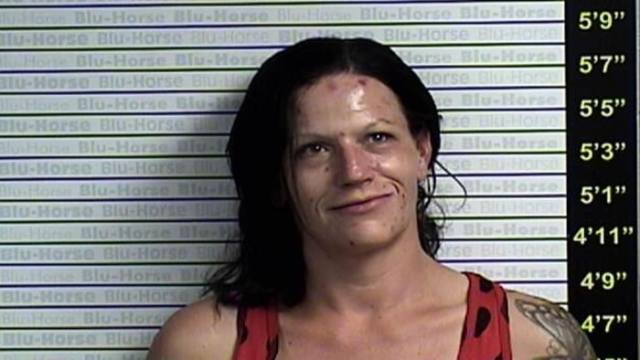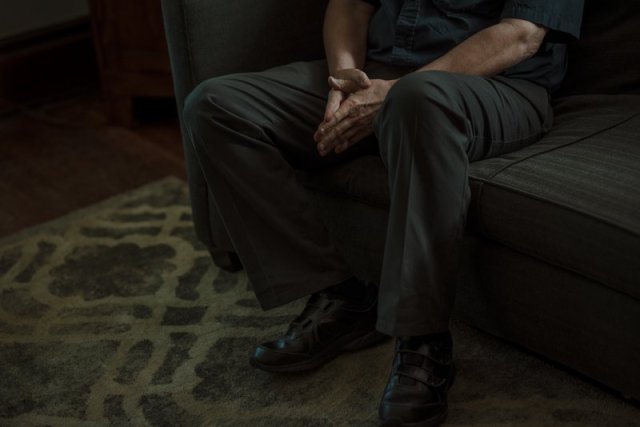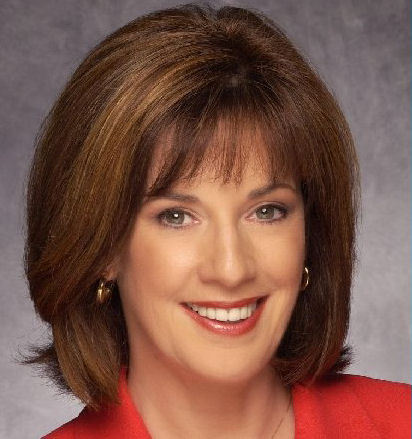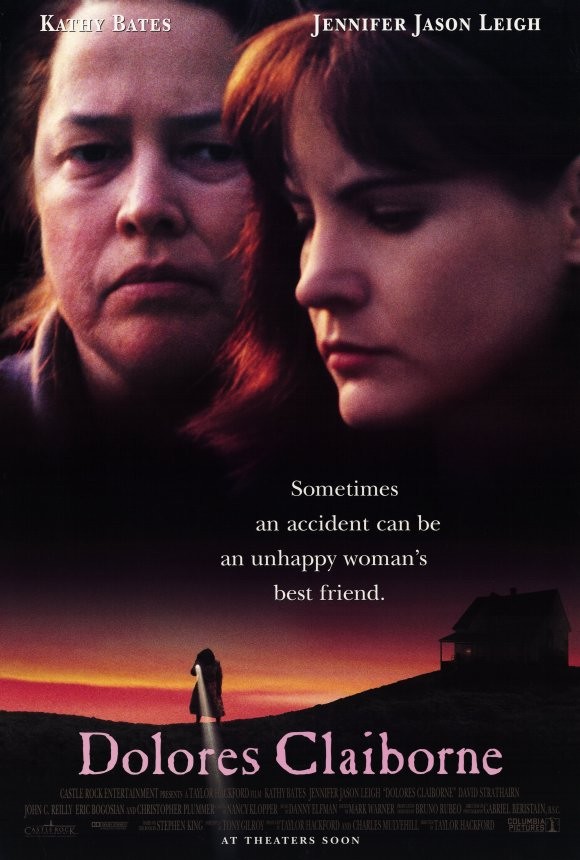If anyone digs deeply enough into Kelly’s childhood, they would likely find that she was sexually abused as a child by one or more male family members. Possibly a neighbor or friend of the family. Incest is more probable though.
What We Know (and Don’t Know) About Female Psychopaths
Is Kelly Cochran a psychopath?
Posted May 25, 2018

On Memorial Day, Investigation Discovery will air a two-part series (link is external) about Kelly Marie Cochran (link is external), who is serving a life sentence for killing her lover in 2014 and her husband in 2016. I first became aware of this case two years ago, when allegations that she might be a female serial killer began surfaced. Her brother, Colton Gaboyan, thinks she is responsible for as many as nine victims. To date, she has not been charged with any other murders, so we don’t know whether those allegations are true.
However, there’s a lot we do know about Kelly Cochran: She is smart. She is a drug user. She is a liar. And, if we are to believe her words and those of her family, she is a psychopath.
Psychopathy with a Feminine Touch
We don’t know a whole lot about female psychopaths. The little bit of research that has been done suggests that, in many ways, they are just like male psychopaths — charming, manipulative, cunning, deceitful, blaming others for their actions, exploitative, and lacking empathy. As with men, this psychopathic personality disorder appears to develop in women as a result of a biological predisposition that collides with certain environmental influences – most often, abuse or neglect.
However, the degree to which nature or nurture contributes to psychopathy may vary in individuals. Some appear to have a strong genetic basis that surfaces with little environmental provocation while, in others, psychopathy may be more strongly dictated by a horrendous personal history. Interestingly, while psychopathic women tend to have a higher incidence of trauma than their male counterparts, Kelly seems to believe she was born this way. During a jailhouse conversation with her mother, for instance, she stated, ‘I’ve always been homicidal. It’s funny you didn’t see that.”
However, while the personality makeup of male and female psychopaths is similar, the ways these traits are expressed is often influenced by gender roles. While budding male psychopaths can often be spotted in elementary school, psychopathic personality traits in girls tends to start during adolescence. These girls are less likely to use physical violence; they tend to manipulate peers through flirting, assuming the victim role (thereby getting others to feel sorry or rescue her), or through relationship aggression (gossip, verbal bullying, social ostracism). They may run away and engage in self-injurious behavior (substance use, cutting, promiscuous sex, suicide gestures) more out of an effort to relieve boredom and manipulate/control others than as a genuine reflection of intrapsychic pain.
Does Kelly Fit the Psychopathic Mold?
I have never spoken with Kelly Cochran and, understandably, family members did not want to comment. I have never attempted to diagnose her using the DSM-5 (link is external) or any other psychological test. Clues about Cochran’s psyche will best be determined by what she has said, what she has done, and what the people who care about her have observed.
During her court testimony, for instance, her mother described longstanding behavior problems with her daughter. Cochran started using drugs in high school, ran away from home several times, and was eventually kicked out of the house at 18 for not following the rules. She was placed in at least one girls home and reportedly had several therapists over the years with minimal behavior change.
Of course, many teens travel a bumpy road to adulthood and most grow up to be caring, conscientious, law-abiding adults. Cochran was successful in some areas of her life; she obtained a college degree and was the primary breadwinner in her marriage for several years. At the same time, she continued to use drugs, had multiple, simultaneous affairs, and, acknowledged by her own words, had absolutely no remorse over anything she had done. As she told one of the detectives who interviewed her, “From the time Jason killed Chris, I wanted him dead.”
Kelly’s family loves her but has little illusion about her. After her arrest, her brother, Colton Gaboyan, was the first person to express the belief that his sister is a serial killer. In a heartbreaking jailhouse conversation with her daughter, Kelly’s mother asks her directly about her ability to feel empathy. “Do you have a conscience, Kelly? Do you care about anyone? Because I don’t think you do.”
Cochran herself was pretty descriptive in terms of her lack of feeling and emotion. When talking about love, she stated she watched and studied people’s reaction to others. “You feel, and I can’t.” She also stated that she didn’t feel bad for murdering Jason Cochran (“I didn’t lose a moment of sleep over Jason”) but that she did feel bad for Jason’s parents.
It’s hard to know how much to believe of what Kelly Cochran says. She has a degree in psychology and allegedly took some forensic classes; some of her comments sound like they’re straight out of a criminology textbook. She has made several outrageous claims, including at least a few murders that clearly didn’t happen. For example, she told detectives after her arrest in Kentucky that she had just killed a semi-truck driver in Illinois by stabbing him in the eyes and then left the body on the side of the road. Illinois authorities have insisted that no trucker was murdered. At one point, she wrote out a list of 21 alleged victims but refused to provide any identifying details.
In spite of repeated testimony that Cochran was a strong woman who tended to “wear the pants” in her marriage, she portrayed herself as a victim of domestic violence and as someone who was forced to lure her lover, Chris Regan, to their home for sex so that her husband could shoot him in the head as part of a murderous pact she and husband Jason Cochran had made on their wedding day to kill anyone with whom the other person was having an affair. She also claimed that she shot up her husband with heroin and then suffocated him out of revenge for killing Regan, whom, she said, was “the best thing that ever happened to me.”
The Bottom Line
We don’t know for sure what is wrong with Kelly Cochran. She certainly exhibited a pattern of behavior that is consistent with that seen in at least some female psychopaths. Her story of being a victim of an abusive husband doesn’t stand up to scrutiny And as far as her claim that Chris Regan was the love of her life? Maybe, but it didn’t stop her from sneaking into his house and stealing his camera after he was dead.
_____________________________________________________________________________
https://www.psychologytoday.com/us/blog/the-human-equation/201805/what-we-know-and-dont-know-about-female-psychopaths








